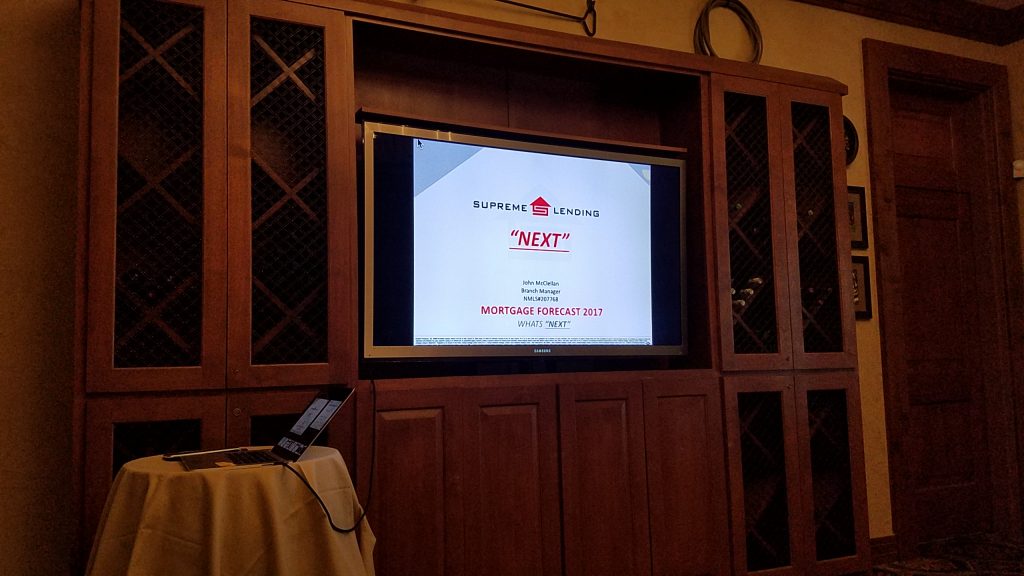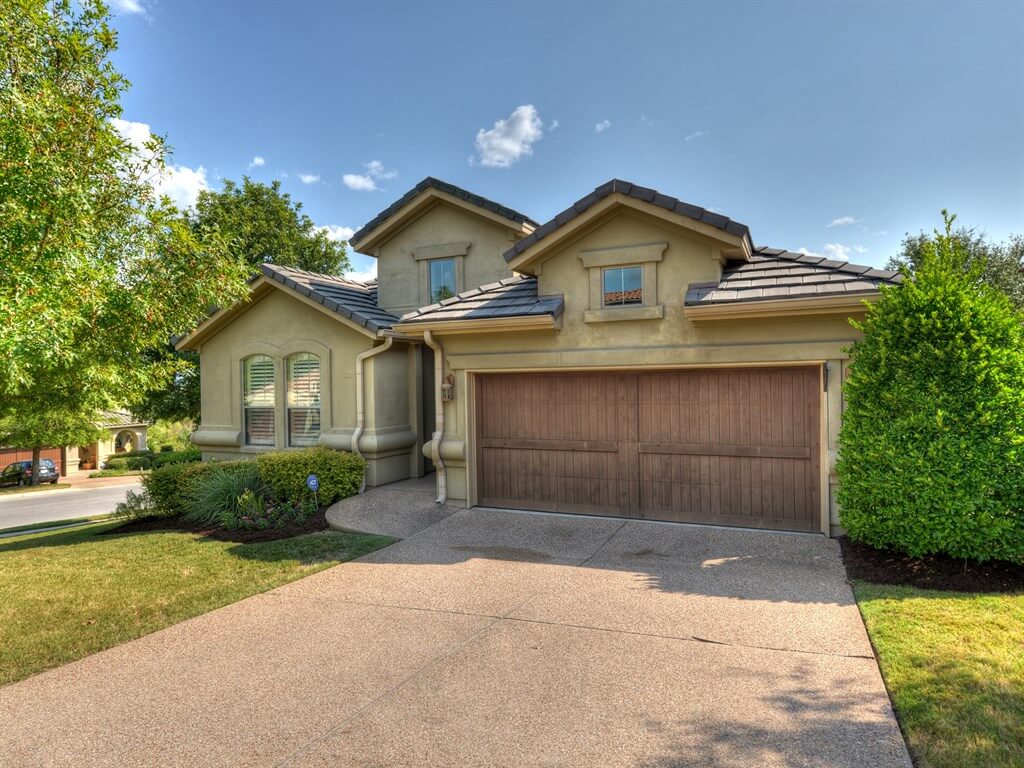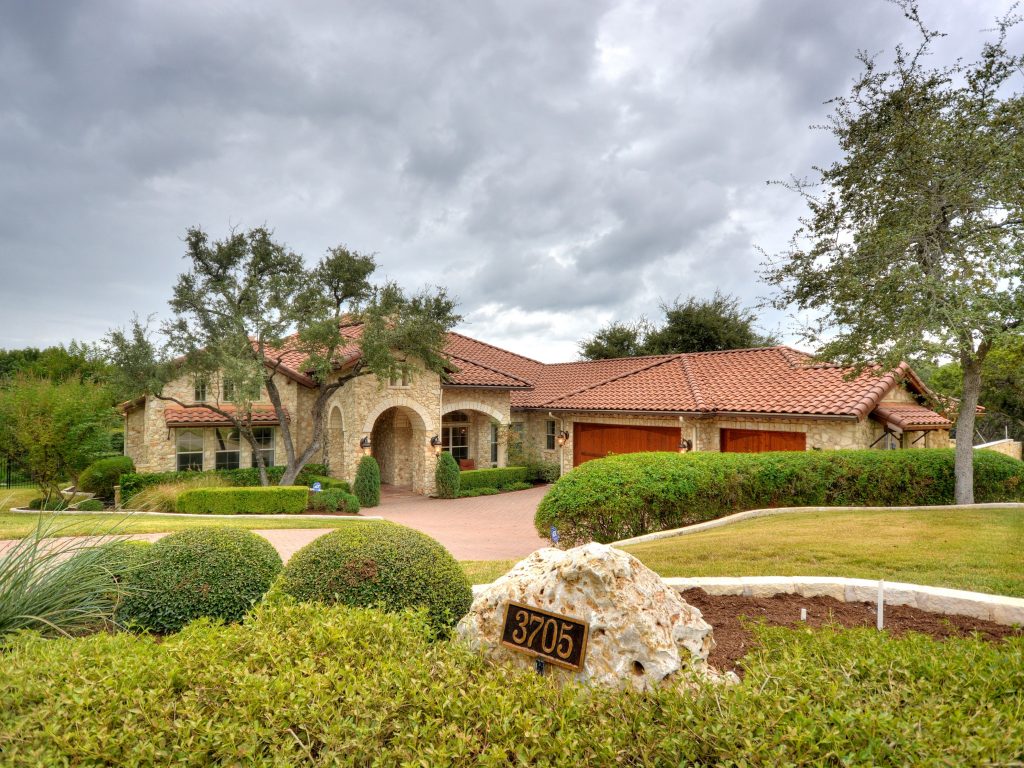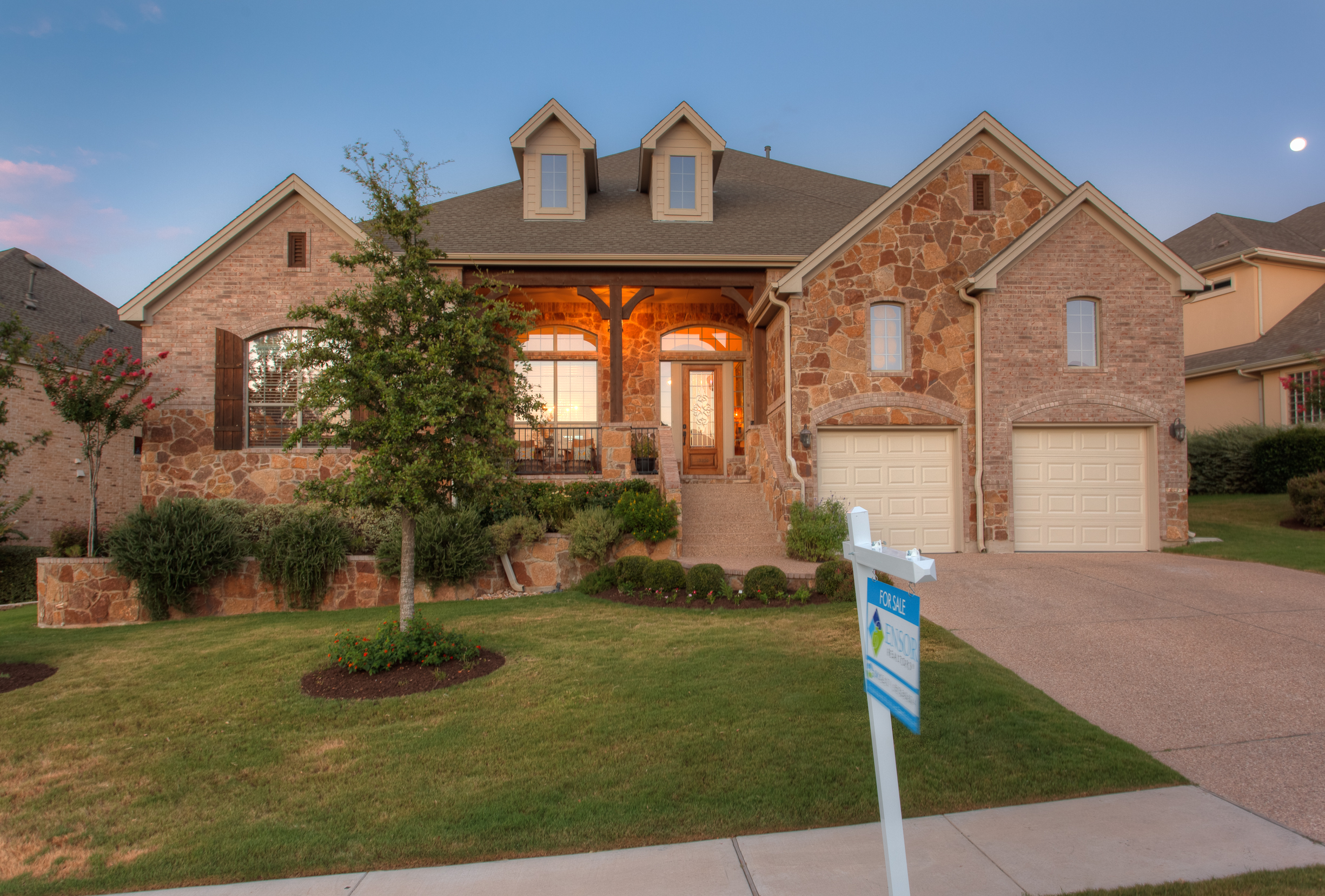In the current housing market, there are considerably more HUD and REO homes on the market than ever before. As a result, we’ve been placing offers and selling more of these types of homes to both first-time homebuyers and investors. Someone recently asked Team Ensor about HUDs, REOs and short sales, and which one I thought made more sense for someone looking to buy their first home in Austin.
For those readers who aren’t familiar with the difference between the three, allow me to explain.
HUD homes are synonymous with Foreclosures. They are owned by a government agency (called HUD) and they sell them through a blind auction process. You submit your highest and best bid for what you are willing to pay for the house. On a set date pre-assigned by HUD, they will open the electronic bids and see who submitted the highest bid.
REO homes are bank-owned properties. A home or condo becomes REO when the owner has stopped paying mortgage payments and the lender decides to take possession of the house. This slightly differs from a short sale.
A short sale is a “pre-REO” where the homeowner is missing payments and contacts the bank for help. The bank asks the owner to complete a Hardship Packet that outlines the owner(s) financial situation. If the bank agrees to help, they will place the house for sale at a price “short” of what the bank is actually owed. During the short sale period, the owner will be allowed to continue to occupy the house while the sale is attempted. This is better in the eyes of the bank than letting a house sit vacant and be a possible victim of vandalism or theft and ultimately cost the bank even more money.
So, which one is better for a first-time homebuyer?
The answer: it depends. I know, I know…what an obvious answer. But it really does depend on the buyer, their time frames to take possession of the home and their patience levels. With a HUD home, you can expect to close in a “normal” closing time period: usually between 30-45 days if you need financing. You also get instant gratification of knowing if your offer was accepted once the bid process is completed. With REO properties, it usually takes a while longer. But, it depends on the bank who owns the property. Some banks have a very efficient REO department and can make decisions and contact the buyers quickly. Some banks…not so much. With short sales, however, the time frames are completely up in the air. I have heard about a bank that held a buyers’ offer hostage for almost 6 months and still has yet to provide an official accept/reject response.
Also keep in mind that almost every distressed sale — whether it’s a HUD, REO or short sale — is going to require some degree of work to bring it back to life. Don’t expect to walk into a foreclosure that is move-in ready. It is very common with these types of homes to find the appliances conveniently “missing” along with most doorknobs and light fixtures, etc. Expect anything not bolted down or anything that can be quickly sold to be gone. If you’re a first time buyer and this sounds intimidating, perhaps a distressed sale isn’t something you should be considering.
My advice for first time homebuyers looking to get a distressed sale and close quickly is to go for a HUD home first, followed by an REO second. Leave the short sales for investors, unless you’re in no hurry whatsoever to take possession any time soon. But if you’re looking to also capitalize on the $8000 Tax Credit for first time homebuyers, you should now be looking at HUD homes only if you want a distressed sale, or even better a regular resale home from a motivated buyer.





